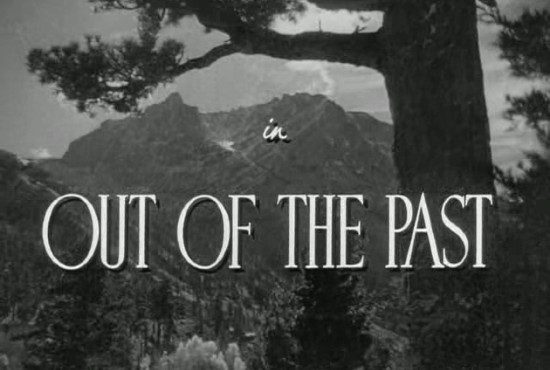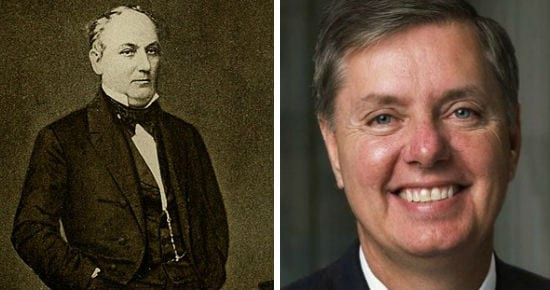Sixty-one years ago today, my country dropped an atomic bomb on a nonmilitary target:
In the closing days of World War Two, the United States dropped a 10,000-pound plutonium-239 bomb, nicknamed "Fat Man," on Nagasaki.
It exploded about 500 meters (1,600 feet) above the ground, instantly killing about 27,000 of the city's estimated population of around 200,000. By the end of 1945, the number of dead due to acute radiation exposure reached about 70,000.
The names of 2,831 people who died recently were added to the list of victims, bringing the total number recognized by the city to 140,144. A few thousand names are added each year.
You're not allowed to do that. You're not allowed to kill civilians.
The usual excuse for the attack on Nagasaki, and on Hiroshima three days earlier, is that the United States "had to" do this because it was the only way to end the war in Asia without launching a full-scale invasion of Japan.
I've written about this earlier at greater length, but let's just review the outlines of this argument.
The United States' goal at the time was the complete and unconditional surrender of Japan. For short, we'll call this "Goal X."
In order to achieve Goal X, the U.S. saw only two possible courses of action:
1. Full-scale invasion of Japan, resulting in massive civilian casualties and heavy loss of life for American forces.
or
2. Dropping a couple of atomic bombs on major population centers, killing roughly 370,000 noncombatants.
Defenders of the indefensible want to say that these were the only choices available. Thus, they say, any objection to this indiscriminate slaughter entails the acceptance of unacceptably massive loss of life for American forces.
Let's accept, for the sake of argument, that the choices really were this limited — that these were the only possible ways to achieve Goal X. Does my refusal of Option 2 therefore mean I accept Option 1? No. It means that Goal X cannot be achieved by any acceptable means and therefore Goal X ought not to be pursued.
The complete and unconditional surrender of Japan was not morally, tactically, strategically, economically or politically necessary. It was not necessary for victory.
If we could not imagine any way of achieving this goal without committing the unimaginable, if the only options for securing it were either unacceptable or unthinkable, then our only choice was to pursue something else, something other than Goal X. Containing a chastened, weakened and thoroughly whipped Japan could have been achieved without recourse to either Option 1 or 2 above. (If you've bought into the objectively anti-history sophistry that says containment-or-anything-else-short-of-invasion=appeasement, then you'll have to explain to me why you don't think the United States should nuke Havana.)
All of which is to say, You're not allowed to kill civilians.
Or, to paraphrase from that earlier post: You may not both 1) intentionally target and incinerate 140,000 noncombatants and 2) not be a monster.












